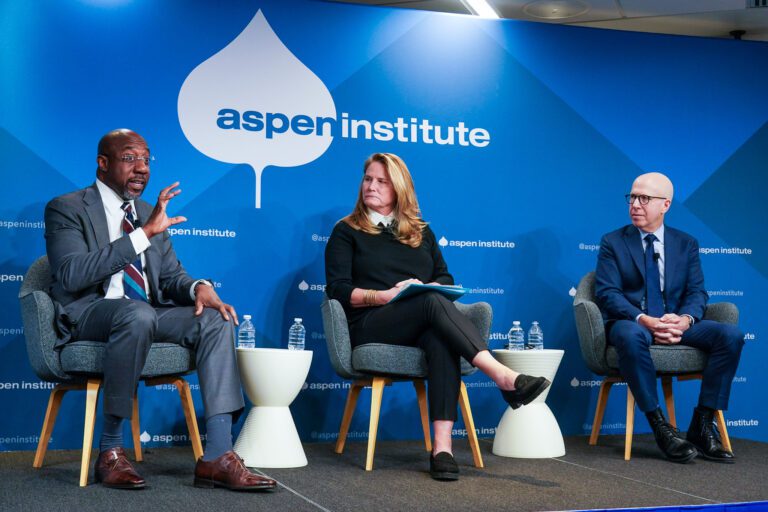Attendance and the Early Grades: A Two-Generation Issue

Arriving right on time, Tameka circles the smiling star on her Perfectly Punctual Scorecard and dons the Perfectly Punctual vest to greet other children as they arrive at Morgan State University Head Start in Baltimore. Across the city at Heritage Early Learning Center, a Baltimore City public pre-K, Durrell circles his star before putting on his Perfectly Punctual Campaign button. These are two of the more than 1000 preschool, kindergarten, and first grade children and families participating in the Perfectly Punctual Campaign, a program of Learning and Leadership in Families to prevent or reduce chronic absence from the outset of schooling.
Parents decide when and whether preschool and kindergarten children arrive at school. It is a decision with far greater implications for children’s school readiness and success in the early grades than is generally appreciated. Chronic absence, missing 10 percent or more of kindergarten per year, affects all children’s academic performance in first grade. Chronic absence affects poor children at three times the rate of middle-income peers and undercuts the likelihood of reading on grade level by grade three, a critical milestone toward academic achievement. Research suggests there is a two-year window to reverse the impact of chronic absence before the amount of instructional time missed overwhelms the likelihood of grade level achievement.
The Perfectly Punctual Campaign (PPC) addresses school climate, parent and teacher attitudes and knowledge, and engages children directly in monitoring and modifying their own behaviors. Three core principals guide the program:
1) Honor parents for consistently getting children to school on time and for progress toward that goal. Getting children to school on time only sounds easy. Empathize, sympathize, and celebrate parent achievement.
2) Engage the children daily in monitoring their own attendance to generate ownership, excitement, and pride in accomplishment. Children motivate parents far more effectively than a bureaucracy ever can. And the parent, in turn, motivates the child.
3) Focus on intrinsic rewards. Gestures of respect and recognition to celebrate achievement – with age appropriate frequency – are powerful for both generations.
As the country turns its attention to the impact of preschool on children’s long-term academic success, it is important to understand the development of positive two-generation attendance attitudes as a school readiness skill. Focusing on attendance habits in preschool, kindergarten, and first grade is one of the strongest truancy and dropout prevention programs educators and parents can undertake together.
Louise W. Wiener is president and founder of Learning and Leadership in Families (LearnLead), a non-profit organization that translates early childhood research into practical, playful strategies for parents and teachers of young children. Attendance and Early Education was the topic of a recent Roundtable co-hosed by Learning and Leadership in Families and the Graduate School of Education and Human Development, George Washington University.
Related Posts



